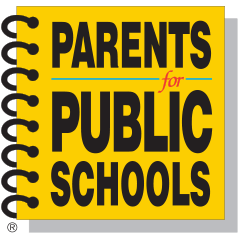In recent years, the political landscape has become increasingly divided and these differing political views are beginning to have a significant impact on public education. From debates over funding and curriculum to discussions on school choice and teacher evaluations, political ideologies are shaping the way our education system operates.
One area where political views are impacting public education is funding. Different political parties often have different priorities when it comes to spending taxpayer dollars and education is no exception. Conservative lawmakers may argue for smaller government and lower taxes, leading to less funding for public schools. On the other hand, more progressive lawmakers may advocate for increased funding to address issues such as school infrastructure, teacher salaries, and resources for special needs students.
Curriculum is another area where political views come into play. As societal norms change, education policies and curriculum must adapt to reflect these changes. For example, debates over teaching comprehensive sex education, multiculturalism, or controversial historical events, such as slavery, often stem from differing political viewpoints. Parents and community members may push for curriculum changes that align with their ideologies, leading to heated debates and potential changes in education standards.
Additionally, school choice is another highly politicized issue that is affecting public education. Advocates for school choice argue that parents should have the ability to choose where their children go to school, whether it be public, private, or charter schools. Proponents argue that school choice promotes competition and allows parents to find a school that best meets their child’s needs. However, opponents worry that this may lead to increased segregation and the privatization of education.
Finally, teacher evaluations and accountability are also influenced by politics. Some political ideologies prioritize standardized testing and data-driven evaluation metrics, while others argue for more holistic approaches that consider a teacher’s impact on students beyond test scores. These differences in opinion can shape policies on teacher tenure, performance-based pay, and professional development opportunities.
Overall, it is clear that differing political views are having a substantial impact on public education. From funding and curriculum to school choice and teacher evaluations, political ideologies are shaping the landscape of education today. It is essential for educators, parents, and policymakers to engage in constructive dialogue and find common ground to ensure the best possible outcomes for all students.

